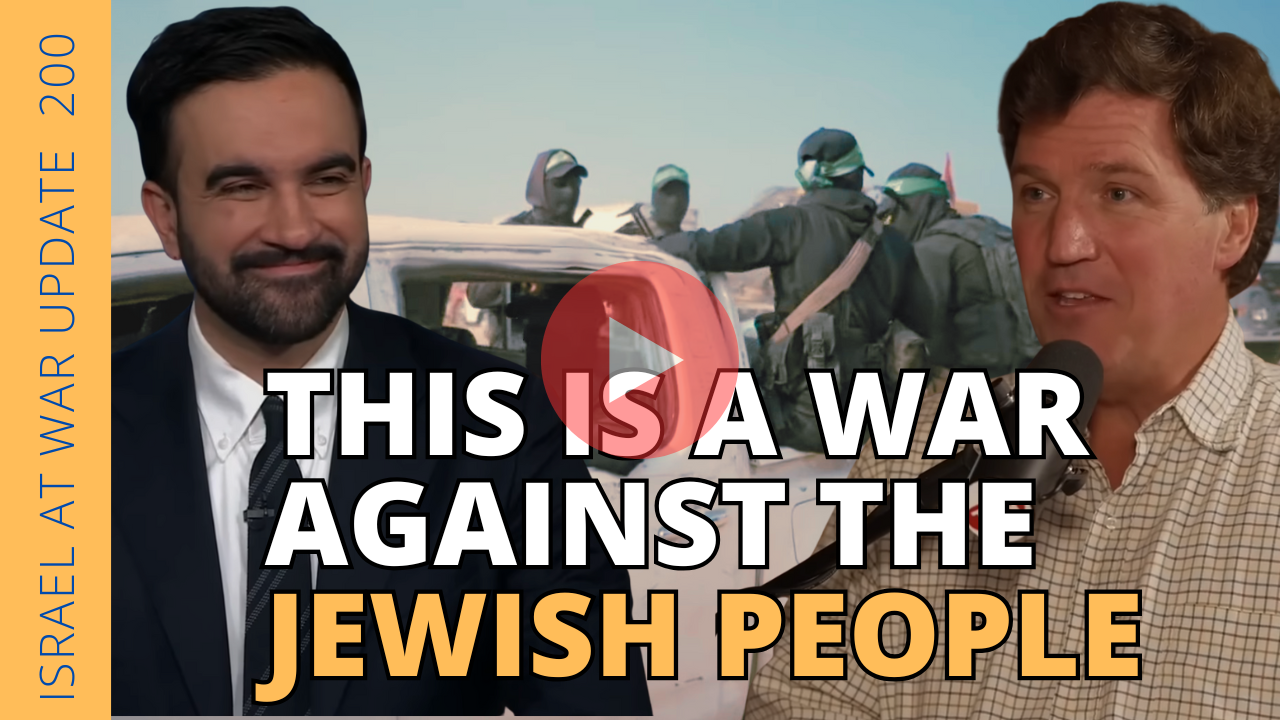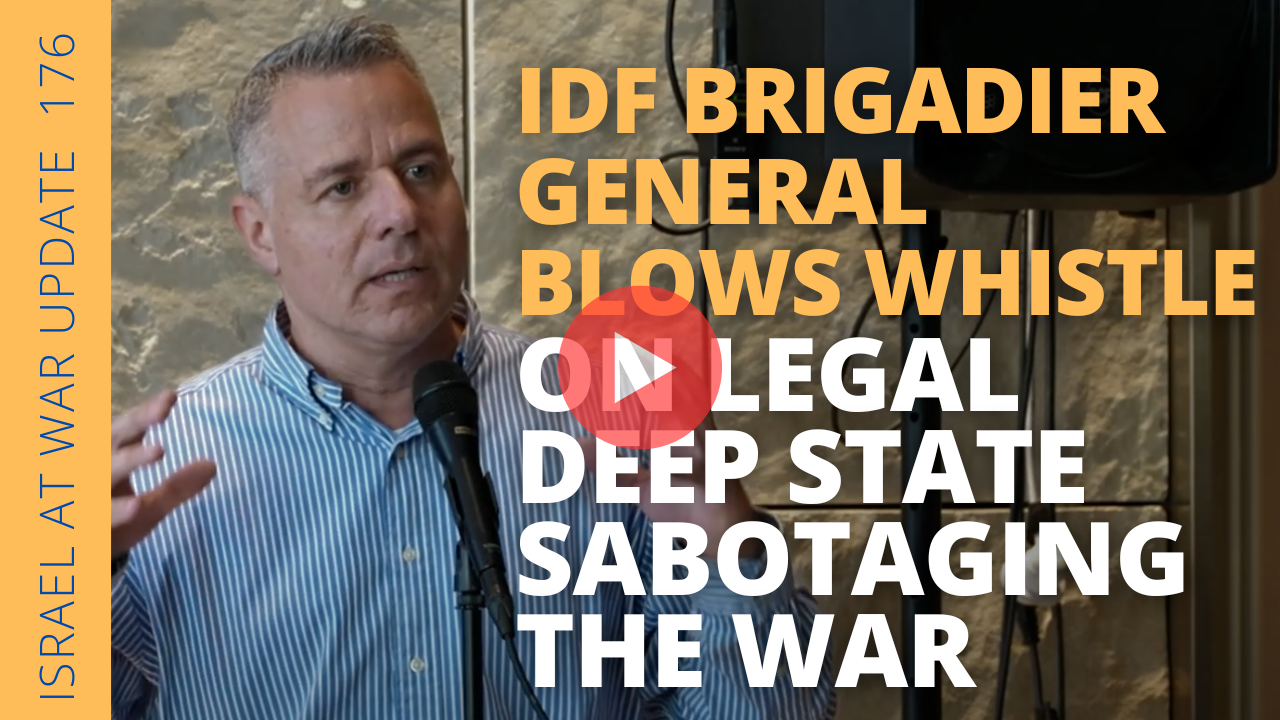In a pinpoint operation late Sunday night, the Israel Air Force eliminated Haytham Ali Tabatabai (“Abu Ali”), Hezbollah’s Chief of Staff and the architect of the terror group’s clandestine rearmament campaign. The strike, carried out with precision munitions on a multi-story building in Beirut’s Dahiyeh stronghold, removed one of the most dangerous men still standing after last year’s war and sent an unmistakable message: Israel will not tolerate a Hezbollah comeback on its northern border.
Prime Minister Benjamin Netanyahu, speaking from the Kirya military headquarters hours after the operation, was unequivocal: “Haytham Tabatabai was the man personally responsible for rebuilding Hezbollah’s missile and drone arsenal in violation of the November 2024 ceasefire and UN Security Council Resolution 1701. As long as I am prime minister, Israel will act—anywhere, anytime—to prevent another October 7 from the north.”
Defense officials described Tabatabai as the linchpin of a sprawling Iranian-led effort to smuggle precision-guidance kits through Syria, establish underground drone factories in the Bekaa Valley, and recruit a new generation of elite Radwan Force commanders. Intelligence gathered over months showed him traveling openly in Beirut, coordinating directly with IRGC officers, and boasting in closed circles that Hezbollah would soon restore its pre-war capabilities. Israeli sources say the decision to strike was taken only after exhaustive evidence confirmed he was actively planning renewed attacks on Israeli civilians.
The operation marks the first targeted killing inside Beirut since the ceasefire took effect one year ago—a deliberate escalation, officials admit, but one deemed necessary after repeated warnings to the international community went unheeded. “We presented folder after folder to the U.S., to UNIFIL, to the Lebanese government: satellite photos of new production lines, intercepts of weapons convoys, drone launches at our observation posts,” a senior IDF Northern Command officer told reporters on condition of anonymity. “Nothing happened. Hezbollah was racing toward a new strategic threat. We could not wait any longer.”
Inside Israel, the public reaction has been one of grim relief rather than celebration. Communities in the north—still rebuilding homes shattered by 150,000 Hezbollah rockets and missiles fired between October 2023 and November 2024—see the strike as overdue enforcement of the ceasefire they were promised would finally bring quiet. “Every day Hezbollah rebuilds is another day our children sleep in bomb shelters,” said Yifat Shalom, a Kiryat Shmona resident whose house was destroyed last year. “If the world won’t disarm them, thank God our air force still can.”
Hezbollah’s predictable outrage—funeral processions, tire-burning, and threats of “a response that will shake the entity”—has been met with a collective shrug in Israeli security circles. Military analysts point out that the terror group’s rocket inventory has fallen to an estimated 20-30% of its pre-war levels, its top-tier command structure remains decimated, and the fall of the Assad regime has severed its main supply artery from Iran. “They can scream and march, but their ability to wage another full-scale war has been degraded dramatically,” said Brig. Gen. (res.) Effie Defrin on Army Radio. “This strike drives that point home.”
Perhaps the most telling response came from Washington. Senior U.S. officials, briefed only minutes before the strike, reportedly told their Israeli counterparts: “We understand why you felt compelled to act.” The muted international criticism so far—far milder than after previous operations—reflects a growing recognition, even among Western diplomats, that Hezbollah never truly honored the ceasefire it signed.
As IDF ground forces conduct large-scale exercises along the border this week and Air Force squadrons remain on heightened alert, the message from Jerusalem is clear: Israel is prepared for whatever Hezbollah attempts next, but the terror group should think very carefully. The days when Nasrallah’s successors could rebuild in broad daylight, shielded by threats of massive retaliation, are over.
For the first time in years, the northern border feels like it is dictated by Israeli rules, not Hezbollah’s. The elimination of Haytham Tabatabai is not the end of the threat—but it is a powerful reminder of who holds the strategic initiative now.

 Whatsapp
Whatsapp




